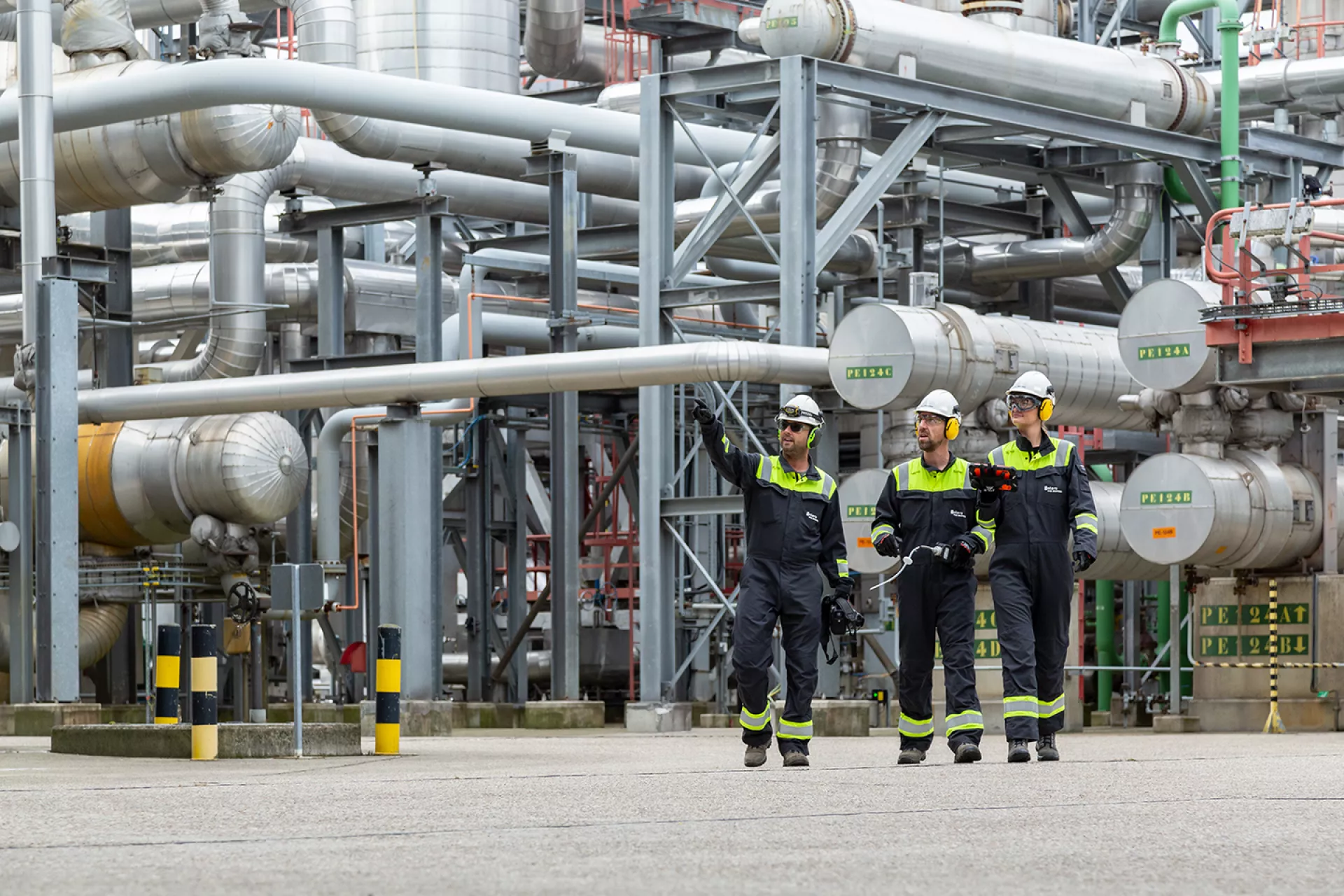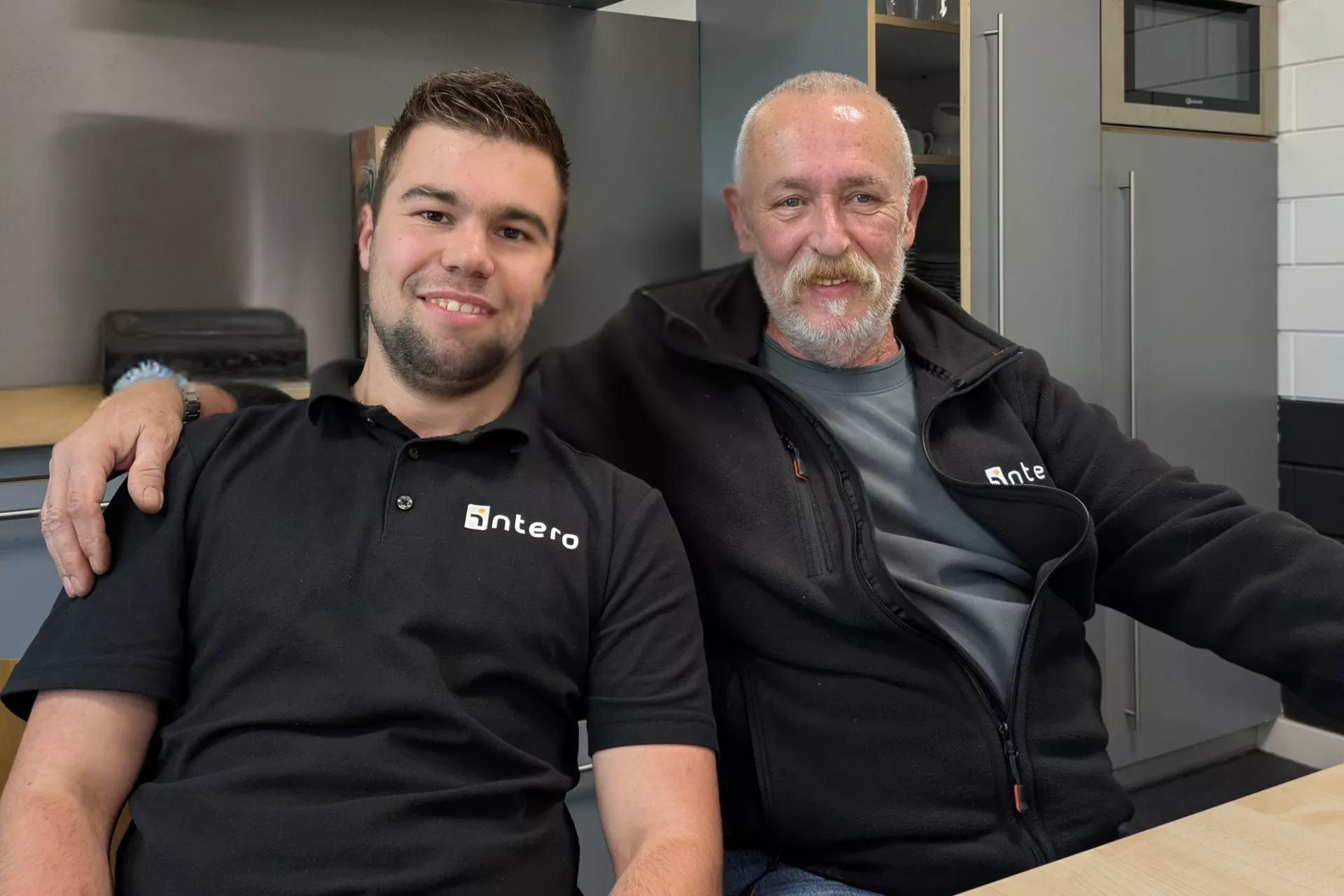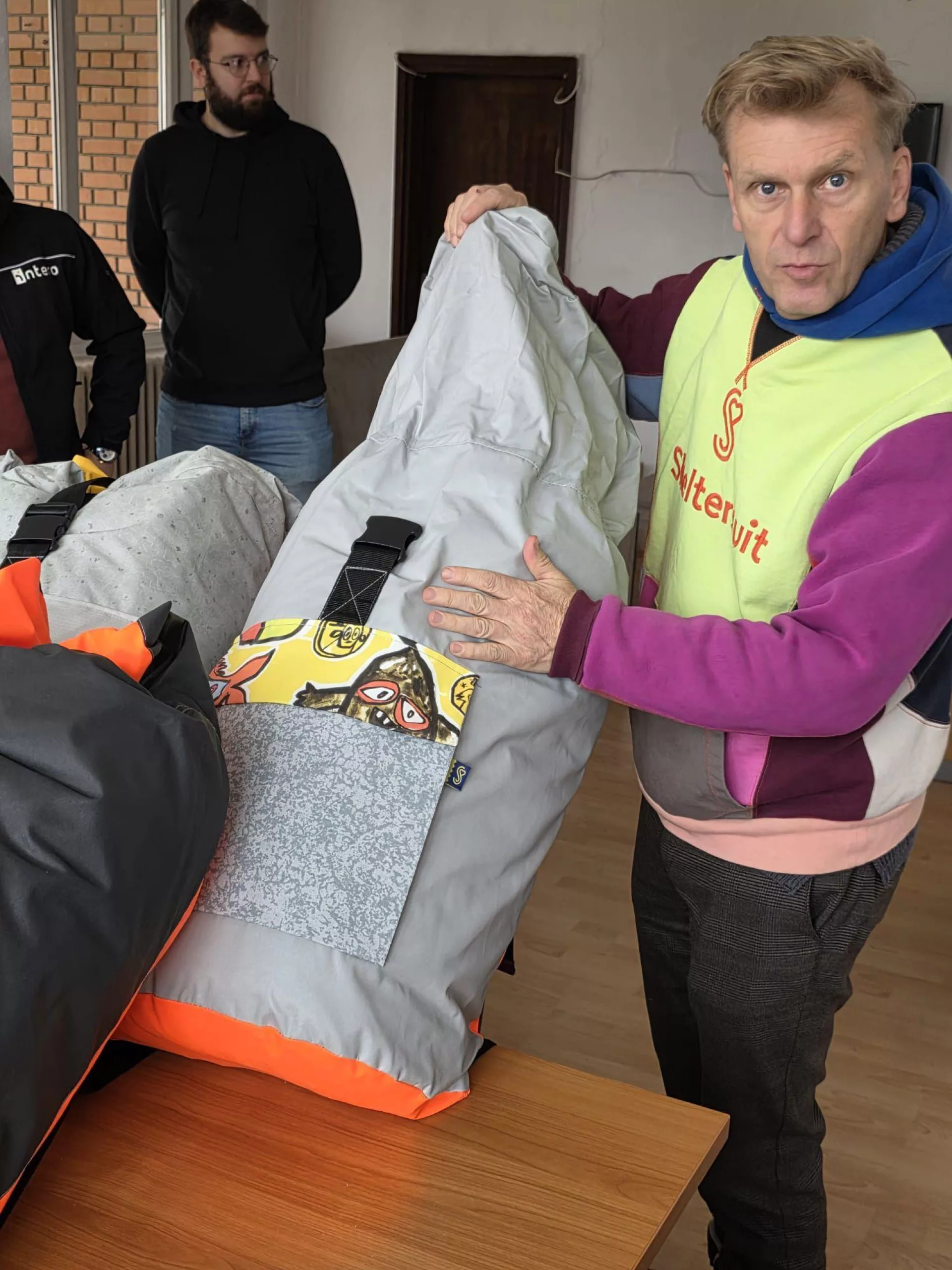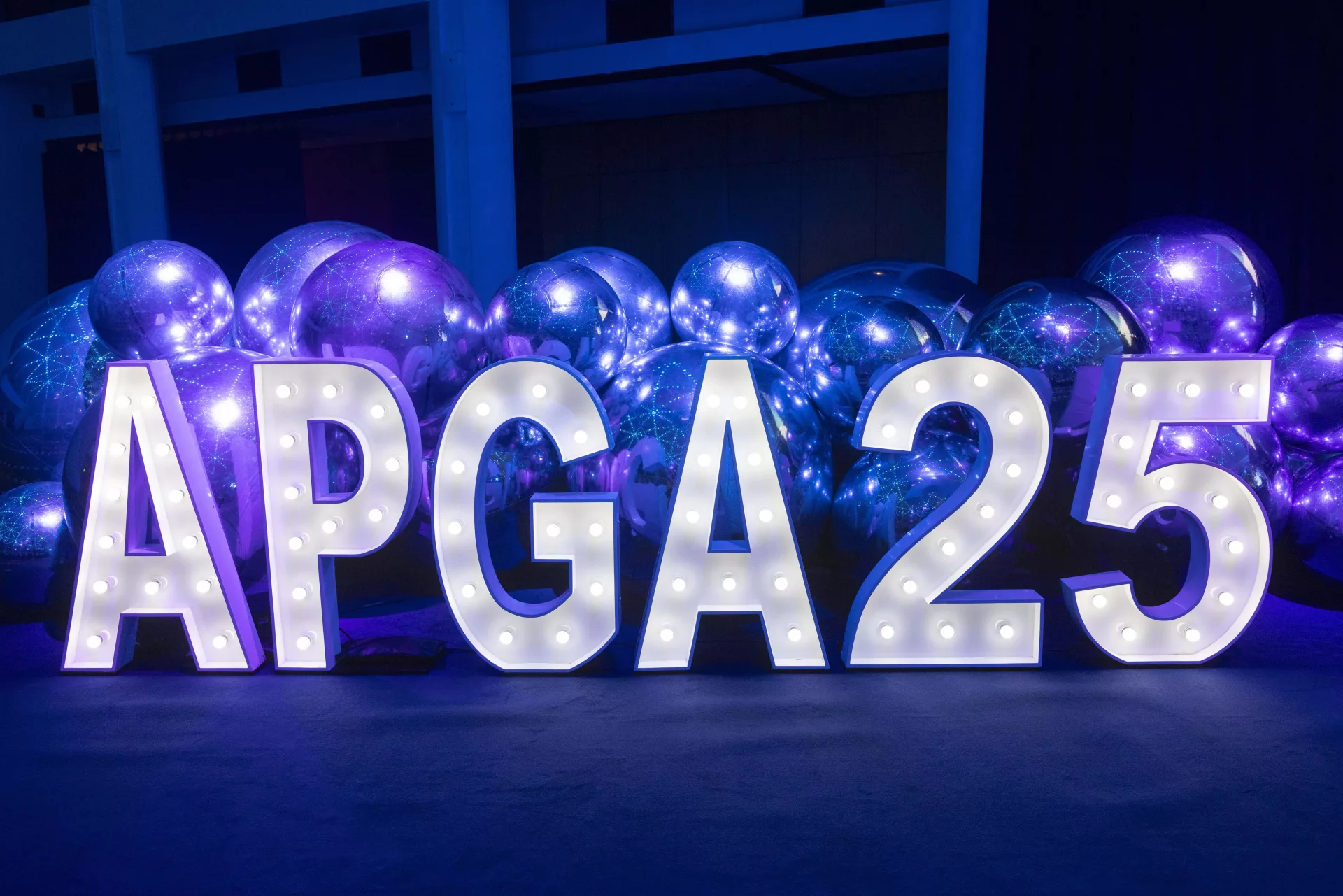
4 steps to comply with the new European Methane Regulation
The European Union has recently introduced stringent regulations aimed at reducing methane emissions, a potent greenhouse gas. This new regulation will most likely enter into force this June.
For oil and gas companies operating within the EU, compliance with these regulations is not only necessary for meeting legal requirements but also crucial for demonstrating environmental responsibility.
In this blog post, we'll outline four essential steps that you as an EU oil and gas operator can take to ensure compliance with the new European Methane Regulation.
Step 1: Conduct a comprehensive methane emissions assessment
This assessment is also known as a gap analysis. You assess your current situation regarding methane emissions across your assets to reveal possible areas of improvement. The following questions might come up:
- Do you currently have an up-to-date inventory of all sources for all assets?
- Do the P&IDs match with the actual situation on site?
- Have you defined a measurement plan and scope cycle?
- Have you identified the best methane measurement and abatement technologies?
As a third party, we do not recommend performing random Leak Detection And Repair campaigns before understanding your current situation. Having a complete and credible baseline guarantees emission reduction later on.
Step 2: Implement Leak Detection and Repair (LDAR) Programs
Implementing robust Leak Detection and Repair (LDAR) programs is essential for promptly identifying and addressing methane leaks. We recommend using a mix of leak detection and quantification technologies that are fit for purpose for both source-level (bottom-up) and site-level (top-down) measurements. Each device has its purpose, benefits, and limitations.
Also, try to establish proactive maintenance schedules to minimize methane emissions. Regular inspections and swift repairs are key components of effective LDAR programs. In fact, the EU Methane Regulation mentions specific deadlines for repairing leaks after identification.
Discipline is key. Stick with the program, repair leaks, follow up, and keep optimizing. A first-year reduction of 60 to 70% of the initial emission is realistic.
Step 3: Enhance Data Management and Reporting
Which systems do you currently use for data management? Effectively monitoring and reporting methane emissions becomes much easier when you use a centralized database in emission management software. These software tools or MRV (Measurement, Reporting, and Verification) systems, such as SFEMP, can streamline:
- data collection
- proper data classification by selecting correct emission factors, emission categories, and source types
- complete analysis
- compliant reporting
Transparent reporting not only ensures compliance but also fosters accountability and trust among stakeholders. It also becomes much easier to keep records of all leaks for 10 years when you use software. Forget about leak lists in Excel and look into a software tool.
Step 4: Collaborate with Stakeholders
Collaboration with stakeholders, regulatory bodies, and third parties is essential for navigating the complexities of the new European Methane Regulation. Engage with industry peers, environmental organizations, and government agencies to exchange best practices and address challenges. Proactive engagement demonstrates a commitment to sustainability and facilitates collective efforts towards more transparency on methane emissions and reducing them year after year.
What's next?
Compliance with the new European Methane Regulation presents both challenges and opportunities for EU oil and gas companies. By following these four steps—conducting comprehensive emissions assessments, implementing LDAR programs, enhancing data management, and collaborating with stakeholders —companies can not only meet regulatory requirements but also contribute to a more sustainable future.
Reach out to the experts of Intero - The Sniffers if you need help with meeting these new complex requirements. We are happy to help.
We can help. Reach out to us
Intero - The Sniffers specializes in helping oil and gas comply with this new complex regulation.

40 Years at Intero – A conversation across generations

Handing Out 60 Sheltersuits in Vranje, Serbia
